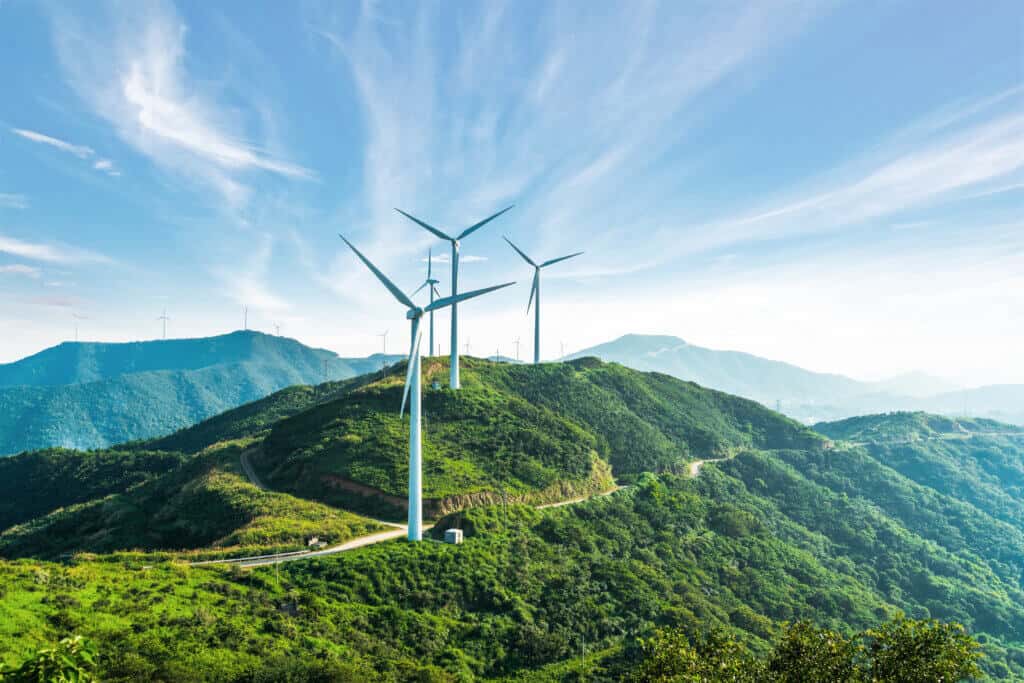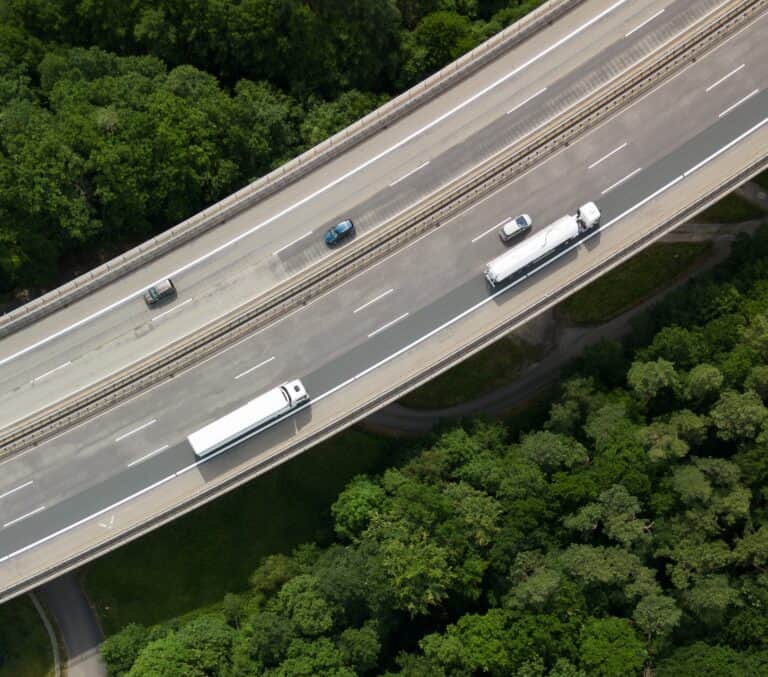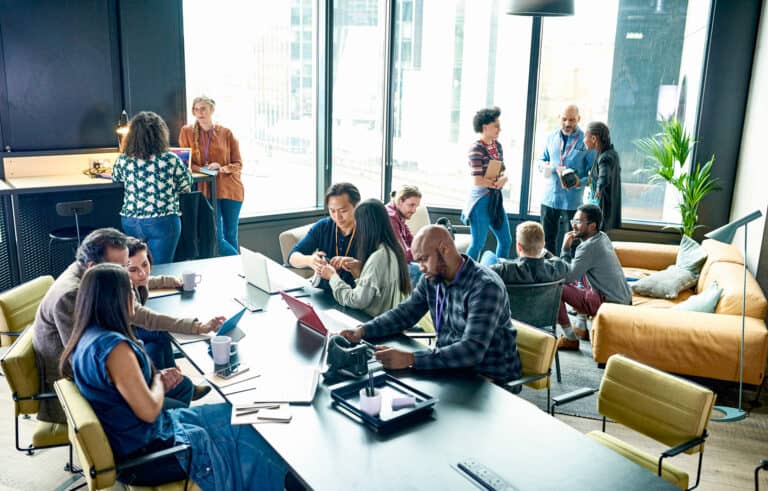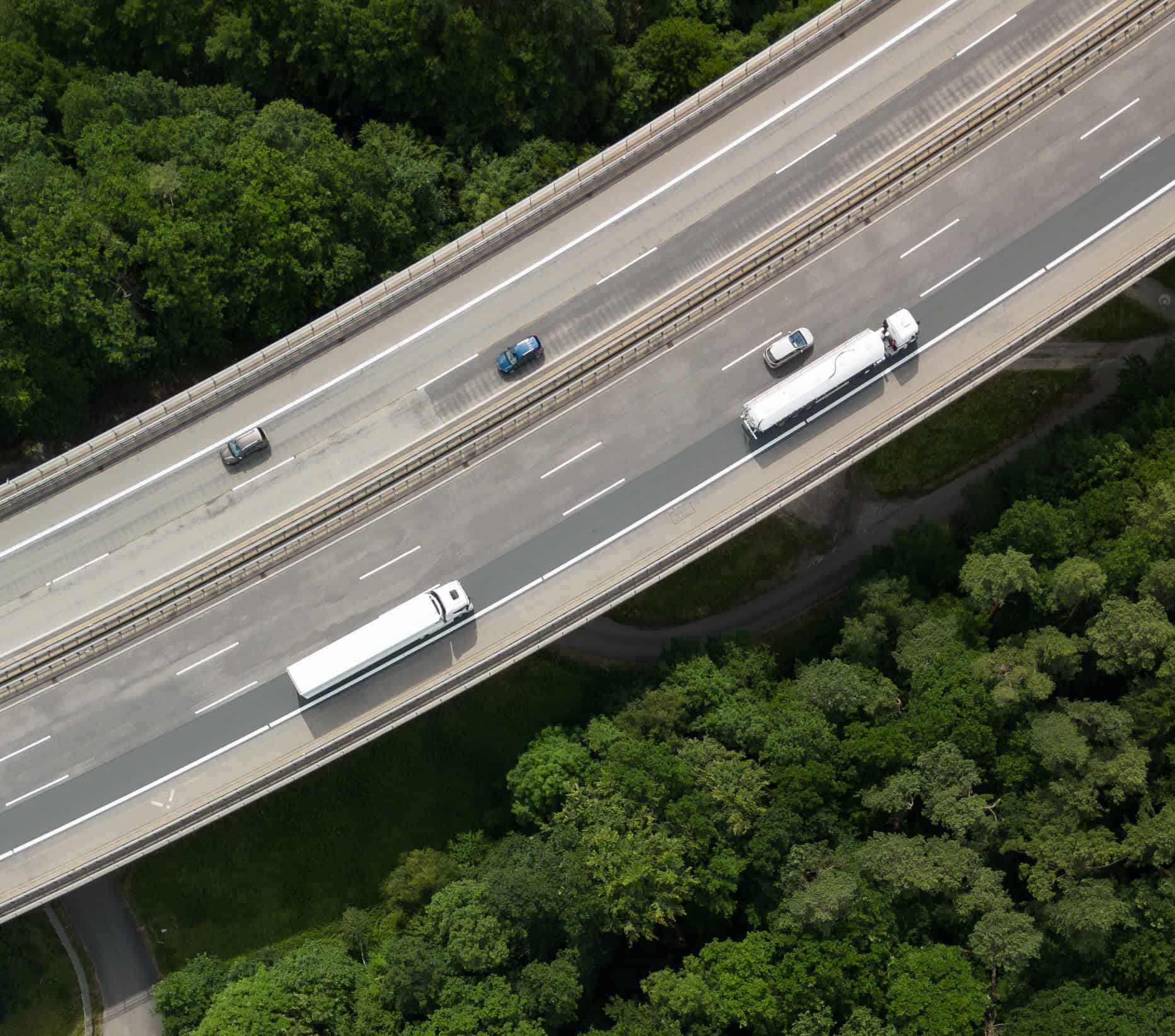
Since e2open began publishing an annual environmental, social, and governance (ESG) report in 2021, much has changed, yet in some ways nothing has. That fiscal year included the bulk of initial disruptions from the Covid-19 pandemic, and though global supply chains have significantly adapted, disruption is now paradoxically routine. The events of the last few years have brought home to us as well as to our clients, investors, and the public the importance of managing risks and incorporating sustainability in the supply chain. Especially when it comes to the global supply chains powered by e2open’s platform, good risk management doesn’t just mean profitability—it means crucial materials such as food, fuel, and medical supplies arrive when and where they are needed.
Global business is entering a new frontier where risks are no longer just operational—in many ways they are existential, as disruptions from a changing climate prompt nations, trading blocs, and global enterprises to rethink what sustainable business will look like in the coming decades and how to make sustainability in the supply chain more of a priority. E2open has long viewed “the profitable and environmentally sound production and distribution of goods and services” as our core purpose. We echo the United Nations’ understanding of sustainability: “meeting the needs of the present without compromising the ability of future generations to meet their own needs.”
This aspiration, however, implies that we work to understand whether our actions do in fact make it harder for future generations to meet their own needs. It means being proactive. It implies that we look deeply and honestly into our operations and our supply chains. That takes transparency, and transparency is enabled through data, which means this good work of sustainable business is significantly reliant on technology.
Earth Day is a funny thing. There are all sorts of interesting formal and informal holidays throughout the world celebrating and commemorating everything from love, to fear, to new life. But Earth Day is here to promote this planet that enables all of us to live, love, and thrive. In some ways, Earth Day is a precursor to so many other holidays. There is a common metaphor for the act of taking something for granted: “It became like the air we breathe.” The metaphor refers to something life-sustaining that fades utterly out of conscious perception until it is brought front and center in a new way. That’s what Earth Day is about. We forget the extent to which we are creatures of our environment, dependent upon our environment, and adapted to it so significantly that the very fact of our interdependence becomes like the air we breathe. We forget the reciprocity of using, but also putting back. Shaping, but tending. Owning, but leaving things better than we found them.
Supply chains provide many of the links between the earth’s resources and the consumers of those resources. At e2open, we are privileged to work with many of the world’s biggest and most far-reaching brands, many of which are leaders in sustainable business. It is understood that supply chains and the technology that drives them will be essential to the design, manufacture, and distribution of new products that lessen and even reverse the negative impacts on the planet. Technology will also be essential in the shift to deliver resources in a circular rather than a linear fashion, and measuring and reducing human-caused drivers of climate change, such as greenhouse gas emissions. By some measures, loss of global biodiversity is an even greater risk over the long term than climate change is, which means climate change is by no means the final frontier of sustainable business. There is much to do. But supply chains can play a key part in the solutions to these challenges, because solutions will require the use and reuse of the resources we all share on this planet.
This Earth Day, let’s all of us take a moment to reexamine the assumptions we have about sustainability. In the past, it was easy to assume “green business” is a zero-sum scenario where in order to be more sustainable, we must also sacrifice profit, comfort, or convenience. This is no longer the case. Sustainable business is the future, and the leaders and visionaries will be the trendsetters. As I see the work our clients are doing to prepare for and enable this new world, I’m very encouraged and I’m humbled to be part of this industry.
It is hard to overemphasize the significance of the changes we are living through. The transition from fossil fuels to renewable sources of power. The rising circular economy. The increase in resale markets as consumers shift more purchasing to previously used products. Each of these mega trends will set off hundreds of micro trends and industry subsectors that corporations and countries will have the opportunity to leverage for the good of shareholders, the public, and the planet. It will certainly require innovation and new thresholds of creativity and imagination. Though it is a time of great urgency, it is also a tremendously exciting time to be here sharing in this work.







